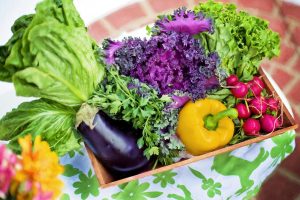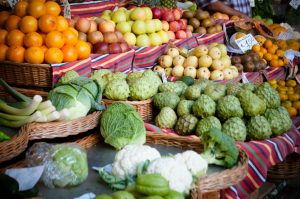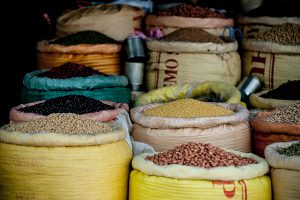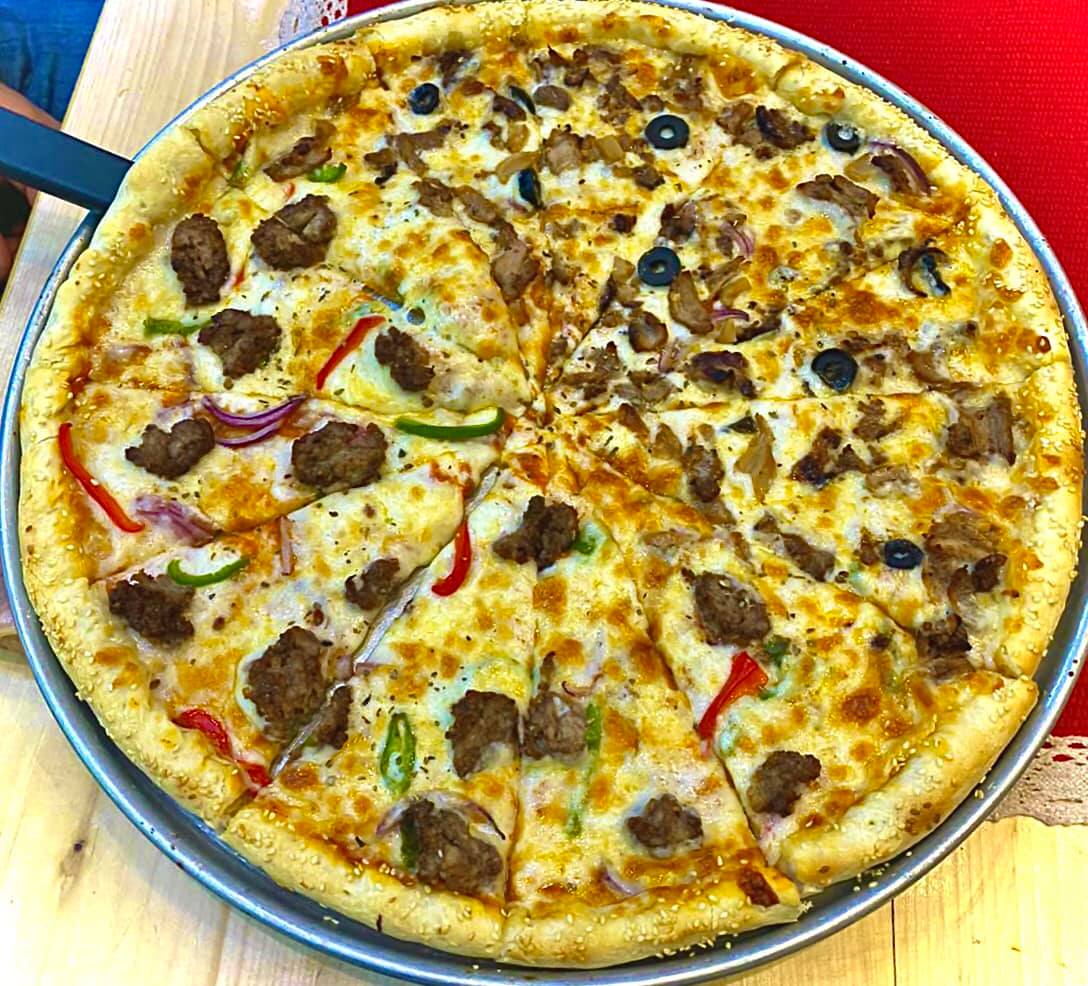RESTAURANT MANAGEMENT
People enjoy the pleasure of eating in restaurants with their family and friends but every person wants to devour a different cuisine. Our restaurant management takes care of all the different cuisine services required by the customers. Our team of professionals will bring about convincing changes in multiple key areas of the restaurant which are ultimately responsible for its success.


We have highly trained staff to carry out our services, manifest attentiveness, understand and meet customers’ expectations, and maintain credibility. Our experienced group has knowledge of various types of dishes and cuisine, personal hygiene, and display essentials. Our personnel constantly provide support to our clients by offering banquet services, waiter services, buffet services, and casual dining services.
aving a wide range of fruit and vegetables on the menu is essential for every restaurant, whether it is a vegan fast food place or a sit-down steakhouse. Restaurants get their vegetables in a variety of ways, and they frequently combine many of the methods below to meet their demands.


Major food providers such as Sysco, Performance Food Group, or Foods, may make it easier for busier and larger locations to receive their products. Others, particularly those that value organic meals, may use local suppliers or purchase from local retailers, while others – particularly those that prioritize organic meals – frequently acquire their goods from nearby farmer’s markets. Such farmers’ markets provide a unique chance for restaurants to meet local suppliers, encouraging them to form relationships and even buy wholesale from them. Local Dirt, for example, is an app that connects restaurants with local producers.
PERISHABLE PRODUCTS
While some restaurants get their pork, poultry, and beef, directly through local farms, others prefer to buy from larger corporations. These businesses have a network of butchers and farms who prepare the meat for use in restaurants. These large-scale businesses frequently have more resources to put in sensor technology that ensures food safety.


Restaurants may feel a lot more confident going this route because these large firms’ IT systems provide some peace of mind. However, obtaining meat directly from smaller suppliers or farms has numerous advantages. Restaurants may develop partnerships and receive the freshest, highest-quality meats while also contributing to their community’s economy. These farms may also engage in more environmentally friendly farming methods that benefit both their animals and the environment. Some restaurants use these closed farms and hire a third party to maintain the safety of their products, combining the best of both worlds in a DIY combo.
DRY GOODS
A restaurant’s dry commodities, from rice and flour to nuts and spice, are typically obtained – often in quantity – from a big supplier, such as the ones described above for the product. A specific ingredient that is only accessible through a specialty provider may be required for a certain dish. Crossings Fine Foods is a popular choice in the United States, where restaurants may get specialty foods at wholesale costs. Restaurants can also use special events like New York’s Summer Fancy Food Show to connect with vendors and explore their choices for acquiring those extra unique, dish-elevating components.

OUR RESTAURANTS
WWT has a restaurant in Baghdad called Second Wife Restaurant and wishes to connect more in this domain in the future.
Contact
- +964 783 311 8511
- secondwifepizza@gmail.com
- http://www.secondwifepizza.com/




FRANCHISING
For further detail



